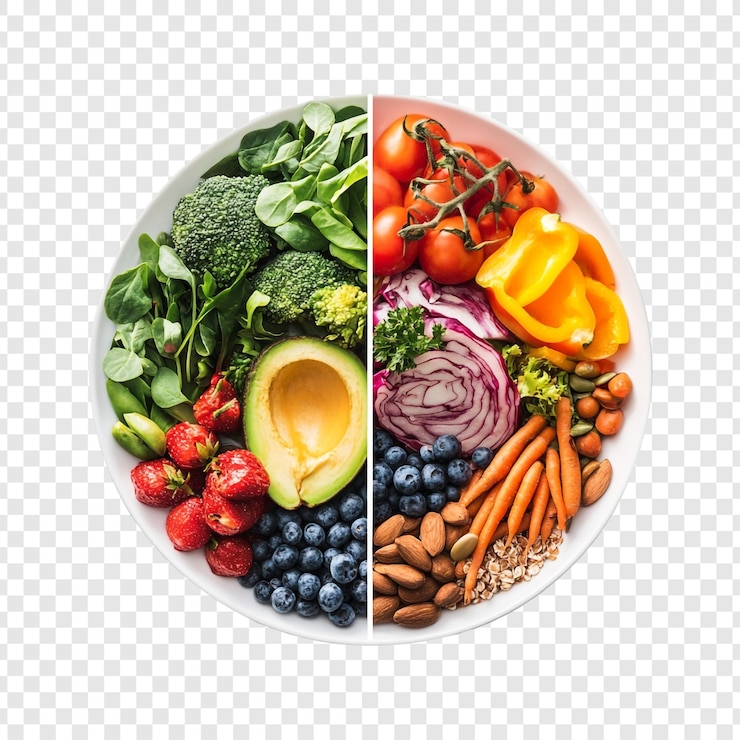
Good nutrition is essential for everyone’s overall health and plays a vital role in maintaining a strong immune system to fight off illnesses and infections. If you’re HIV-positive, you don’t necessarily need to make drastic changes to your diet, but eating healthy will help keep your energy levels up, improve your well-being, and promote strong bones and a healthy heart throughout your life.
Here’s what you need to know about eating well while living with HIV.
How Nutrition and HIV Are Connected
If you’re living with HIV, maintaining good nutrition can benefit you in several ways:
– It improves your overall quality of life by providing essential nutrients your body needs.
– It strengthens your immune system, helping it fight diseases and infections.
– It supports your treatment by managing medication side effects.
– It helps control symptoms and reduces the risk of complications.
Key Principles of Healthy Eating for People with HIV
Sticking to basic healthy eating habits can significantly help if you’re HIV-positive. Keep these principles in mind:
– Eat more fruits, vegetables, legumes, and whole grains.
– Choose lean, low-fat protein options.
– Limit sugary foods, soft drinks, and anything with added sugars.
– Include a balanced mix of carbohydrates, proteins, and healthy fats in your meals.
Here’s a closer look at some specific dietary recommendations for those living with HIV:
1. Calories
Calories provide your body with the energy it needs. If you’re living with HIV, you might need to adjust your calorie intake based on your health:
– Aim for 17 calories per pound of your body weight to maintain your current weight.
– Increase to 20 calories per pound if you’re dealing with an opportunistic infection.
– Consume 25 calories per pound if you’ve started losing weight.
2. Proteins
Proteins are essential for building muscles, repairing tissues, and strengthening your immune system. To ensure you’re getting enough:
– Men with HIV should aim for 100-150 grams of protein daily.
– Women with HIV should aim for 80-100 grams per day.
– If you have kidney issues, avoid consuming too much protein, as it can strain your kidneys.
– Healthy protein sources include lean pork, beef, fish, skinless chicken breast, and low-fat dairy products.
3. Vitamins and Minerals
These nutrients are crucial for regulating your body’s functions and repairing damaged cells. Eating a vitamin- and mineral-rich diet can help boost your immune system:
– Get vitamin A and beta-carotene from dark-green, red, and yellow fruits or vegetables, as well as eggs, liver, and milk.
– B vitamins can be found in fish, meat, white beans, nuts, green leafy vegetables, broccoli, and avocados.
– Vitamin C is abundant in citrus fruits.
– Foods rich in vitamin E, selenium, and zinc—like nuts, seeds, and seafood—are also highly beneficial.
Other Nutrition Tips
– Don’t forget the importance of carbohydrates and healthy fats for energy and overall health.
– Regular exercise can help boost your appetite and keep your body in shape, complementing your healthy eating plan.
Conclusion
Nutrition plays a significant role in managing HIV and maintaining overall health. For anyone living with HIV, eating the right foods helps strengthen the immune system, maintain a healthy weight, improve treatment outcomes, and reduce the risk of complications. While a healthy diet benefits everyone, it’s especially critical for those living with HIV, supporting them in living a normal and fulfilling life.